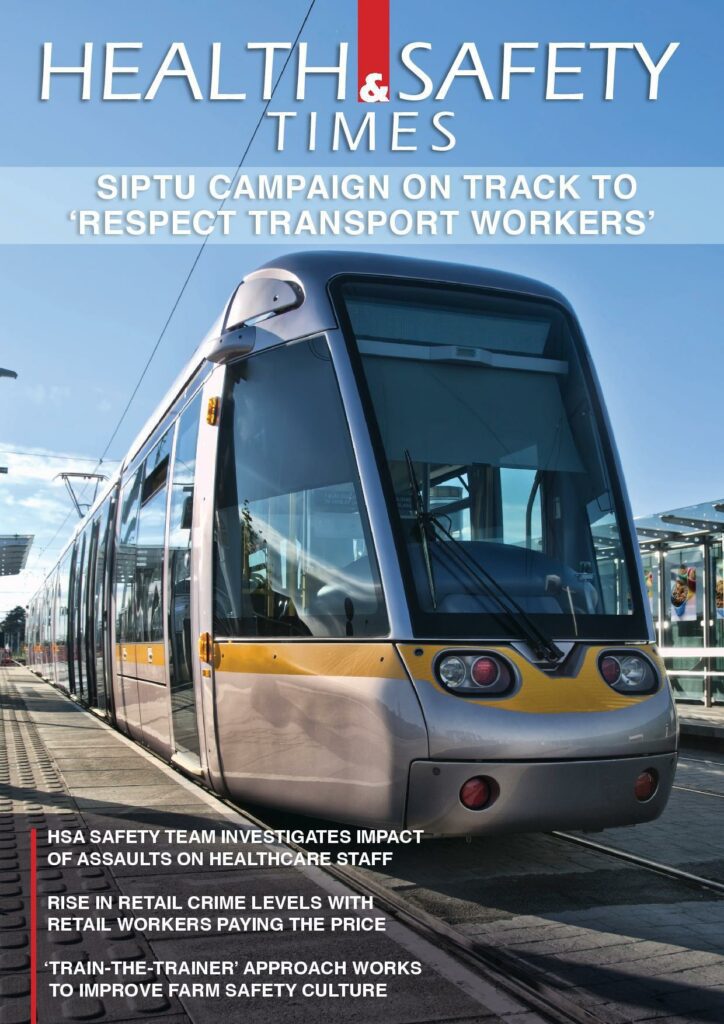The Health and Safety Authority’s new national policy and inspection team is investigating the impact that the rising number of assaults against nurses and midwives is having within the healthcare sector. The initiative has mainly been in response to a lobbying campaign by the Irish Nurses and Midwives Organisation.
The rising level of verbal and physical assaults on nurses and midwives over the last three years is now a real cause for concern, with figures showing that the number of incidents totalled 18,185 from January 2020 to December 2023.
However, many assaults are not reported, according to the Irish Nurses and Midwives Organisation (INMO), which is cause for even greater concern, because the impact of such assaults may have life-changing consequences for those working at the frontline of the healthcare sector.
The HSE’s National Incident Management System (NIMS), which monitors verbal, physical and sexual assaults on staff, was first introduced in 2015 by the State Claims Agency. This requires all incidents to be reported through a centralised national system with the intention of ultimately improving data quality and includes voluntary organisations.
Incidents are categorised based on severity under ‘negligible’, ‘minor’, ‘moderate’ and ‘major’. A negligible incident is categorised as one that has not caused physical or psychological harm, and which does not require treatment. Time off work, therefore, is not deemed necessary in this case.
A ‘major’ incident is categorised as one which results in severe harm which leads to a period of stay in hospital of more than eight days. In this case time off work for a period of more than six months may be required.
Of the total number of assaults on nurses and midwives between 2020 and 2023 alone, seven were categorised as ‘major’, 600 ‘moderate’, 1,591 ‘minor’ and the other 15,987 were classed as ‘negligible’.
According to a spokesperson for the INMO, the reason that many assaults go unreported is because the statistics only relate to what has been collated by the HSE. “They don’t cover the Section 38 organisations which are large voluntary hospitals, psychiatric or a lot of community services where we know the incidents of assault are much higher,” she noted.



